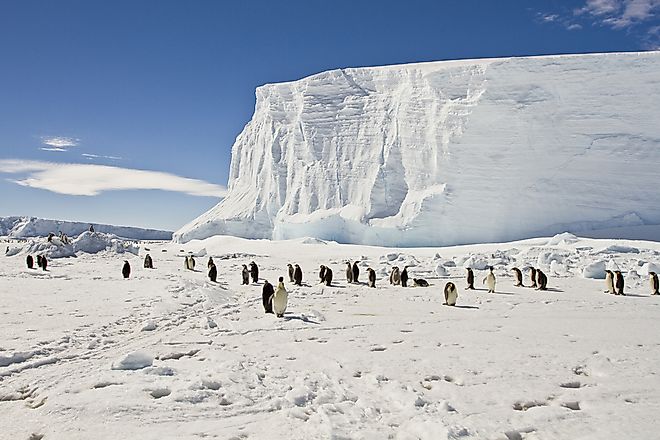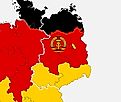Geography Of The World
Byrd Lake, Tennessee
Byrd Lake is an artificial body of water that was created in the 1930s due to the impoundment of Byrd Creek, near Crossville, in Cumberland County.

Lake Sammamish, Washington
Lake Sammamish is a big freshwater lake situated about 13 km east of Seattle in King County in the US State of Washington.
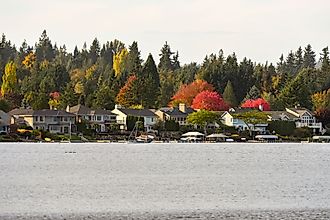
Lake Merwin, Washington
Lake Merwin is a reservoir formed by the construction of Merwin Dam on the Lewis River at the boundary between the Clark and Cowlitz Counties in the US State of Washington.

The 10 Newest Countries In The World
A country is defined as any land area that functions as its own independent political unit . The following article discusses some of the newest countries in the world.
Truckee River
The Truckee River (Upper and Lower) flows for about 232 km through the US States of California and Nevada.
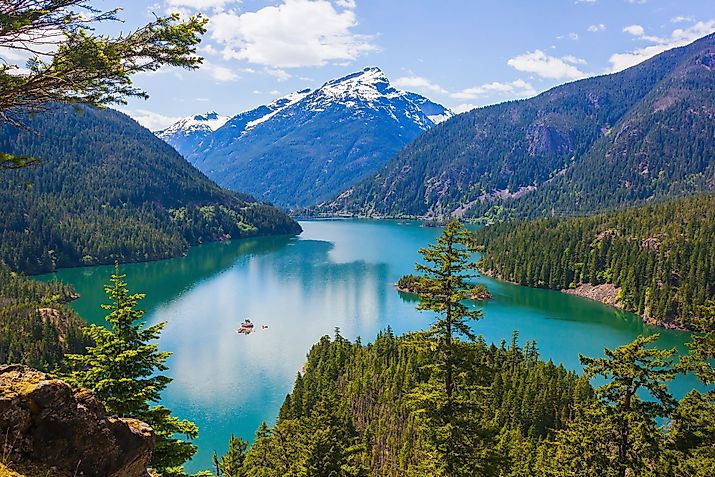
Diablo Lake, Washington
Diablo Lake is a gorgeous reservoir situated in the North Cascades in Washington. It was formed due to the construction of the Diablo hydroelectric dam.
Colchuck Lake, Washington
Colchuck Lake is a freshwater lake situated on the western side of The Enchantments, a region of the Central Cascades in Chelan County in Washington.
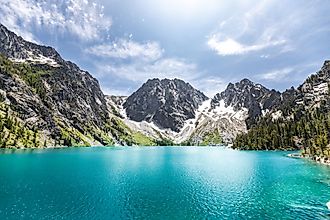

Jordan Pond, Maine
The Jordan Pond is an oligotrophic tarn situated in Acadia National Park, close to Bar Harbor in Hancock County in the southern portion of the US State of Maine.

Canadice Lake, New York
Canadice Lake is a small lake situated about 48 km south of Rochester in the southwestern portion of New York's Ontario County.
Cache la Poudre River, Colorado
The Cache La Poudre River is a 203 km long river that flows in the US State of Colorado. It is the state's only nationally designated "Wild & Scenic" River.
American River, California
The American River is a long river that flows for about 192 km in Northern California from the Sierra Nevada Mountains to the Sacramento River.
Chautauqua Lake, New York
Chautauqua Lake is the biggest inland lake in western New York, situated in the southeastern corner of Chautauqua County.
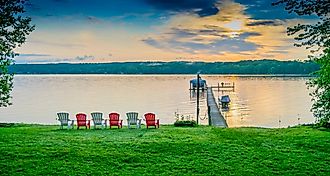
What Is The Lithosphere?
One of the major spheres of the Earth, the lithosphere is mainly made up of the crust and the solid outer portion of the upper mantle.
The 10 Lowest Places On Earth
The Earth's surface exudes an impressive range of elevations. The following list is all about highlighting the lowest points across the terrestrial landscape.
7 Most Beautiful Lakes In Utah
Utah is home to an abundance of beautiful waterways and charming lakes. This article looks at the 7 Most Beautiful Lakes in Utah.
Smoky Hill River
The Smoky Hill River is a 925 km long river that flows through the heart of the Great Plains in the US States of Colorado and Kansas.

Salt River, Arizona
The Salt River, which is Gila River's biggest tributary, flows through Gila and Maricopa counties in the east-central portion of the US State of Arizona.

Merced River
The Merced River is a 233 km long tributary of the San Joaquin River that flows from the Sierra Nevada into the San Joaquin Valley at the heart of California.

What Is The Tundra?
The tundra vegetation mainly comprises grasses, lichens, mosses, sedges, etc. Tundras are usually found in particularly cold and windy areas.

Lake George, California
Lake George is a scenic lake situated in the picturesque Mammoth Lakes Basin, between the lone white tower of Crystal Crag and the granite wall of the Mammoth Crest.
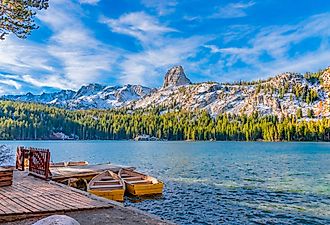
Loxahatchee River
The Loxahatchee River, Florida's first National Wild and Scenic River, is a lush, winding river that is one of Jonathan Dickinson State Park's most notable features.

Atwood Lake, Ohio
Atwood Lake is a reservoir situated in Tuscarawas and Carroll Counties in the east-central portion of the US State of Ohio.

Tappan Lake, Ohio
Also referred to as Tappan Reservoir, Tappan Lake is a reservoir situated in Harrison County amidst the rolling hills of southeastern Ohio.

North Atlantic Gyre
The North Atlantic Gyre is a giant ocean gyre located in the North Atlantic Ocean. This gyre is a cyclical ocean current.
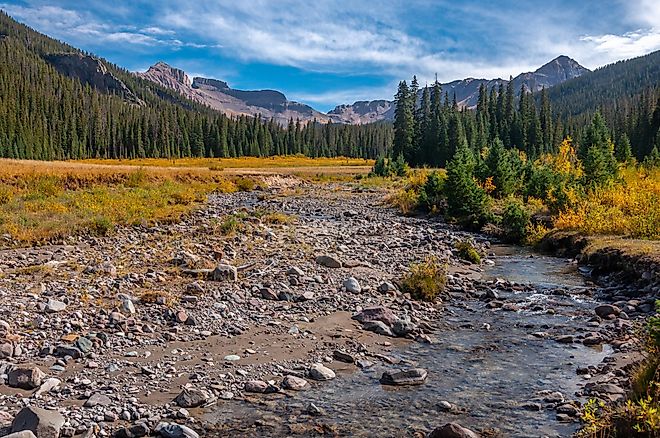
Cimarron River
The Cimarron River is a tributary of the Arkansas River in Oklahoma, United States. It flows 1,123 km through New Mexico, Oklahoma, Colorado, and Kansas.
Flathead Lake, Montana
Flathead Lake is a large moraine-dammed lake situated in the northwestern corner of the US State of Montana.
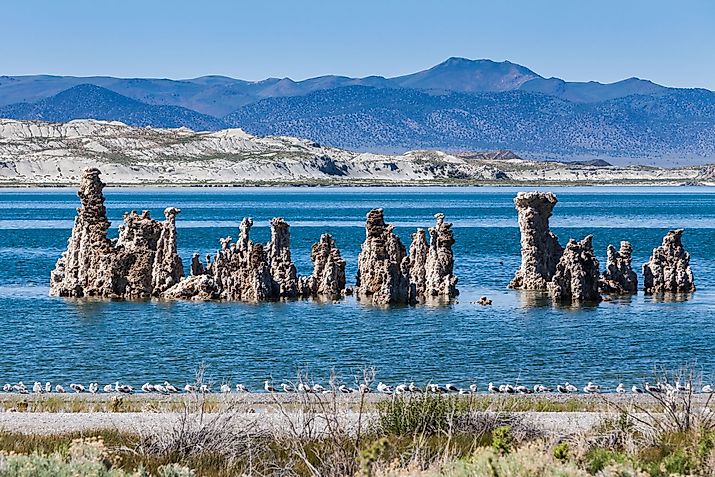
Mono Lake, California
Mono Lake is an alkaline lake situated in Mono County, at the easternmost end of the Sierra Nevada, in California, United States.
12 Most Beautiful Rivers In America
America's rivers are amongst the country's most important and beautiful geographic features. Here are 10 of America's most beautiful rivers.

Where Is The World's Deepest River?
The Congo River, which flows through West-Central Africa, is the deepest river in the world, both in terms of maximum depth and average depth.
